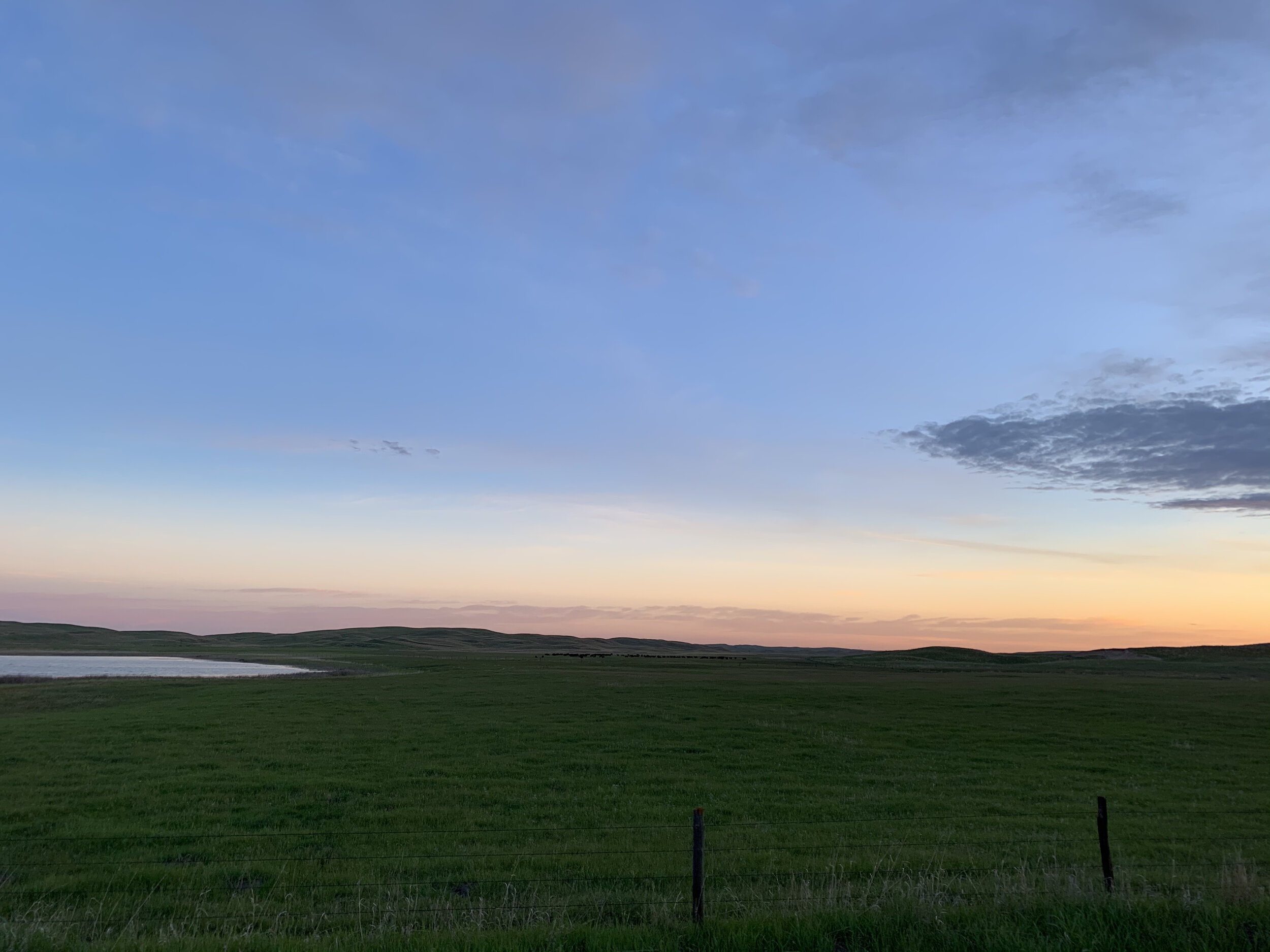The Rural Review
An online journal produced in conjunction with the Rural Reconciliation Project.
The Rural Review publishes digests of important academic contributions, program information, blog-style commentary, and periodic roundups of rural items from across academic disciplines and scholarly media.
Contributions from interested authors are welcome. Find our author guidelines here.
Statz & Garriott: Studying Rural Criminal Justice Through Ethnography
In Ethnographic Research: Immersing Oneself in the Rural Environment, Michele Statz (Minnesota Medical School/Law) and William Garriott (Law, Politics, and Society, Drake University) present ethnography as an effective method for the study of rural criminal justice. They argue that through its expectation of extended engagement in everyday life among a population, ethnography offers a means of assessing the thick social ties and thin institutional infrastructures that define the criminal justice system in rural communities. By exploring relationships, ethnographical studies contextualize structural and cultural conditions and reveal unique insights about life and crime in rural spaces.
Villavicencio-Pinto: Property Regimes and Climate Adaptation
In Beyond the Agro-export Boom: The Challenges of Land Concentration and Fragmentation in Chile, Eduardo Villavincencio-Pinto (Kent Law School, UK) examines the neoliberal rural property regime in modern Chile and its implications for how the country can meet the challenges of climate change. The author conducted a study of rural Chilean property ownership, evaluating two main trends: land concentration and land fragmentation. Employing a historical, cartographic, and socio-legal approach, Villavincencio-Pinto shows how both trends have had negative effects on the rural landscape in Chile and challenges the sustainability of this foundational system.
Tomisich: Learning the Rural Practice of Law
In Learning the Rural Practice of Law, author Ashli R. Tomisich (Wyoming Law) discusses the lack of experiential learning in the law school curriculum and how this gap contributes to students being unprepared to enter rural practice.
Why Aren’t We Talking About Rural Voters Anymore?
If you pay attention to public discourse about rural populations, you might have noticed something missing in the aftermath of the 2024 presidential election: think-pieces on rural voters. These think-pieces—musing on rural voters’ motivations, their seemingly disproportionate susceptibility to Donald Trump’s appeal, and their role in deciding the most recent election—were everywhere after the 2016 presidential election that led to Trump’s first term. Even in 2020, after Joe Biden’s victory and evidence of more complexity in rural voting patterns, analysts and pundits seemed eager to assess the role of the rural vote. Yet, rural voters just don’t seem to be top of mind for this round of post-election analysis. Why might that be?
Roundup: July 25, 2025
A periodic collection of recent research, analysis, and other notable rural items.
Fikri: Persistently Poor, Left-behind, and Chronically Disconnected
In Persistently Poor, Left-behind and Chronically Disconnected, Kenan Fikri (Economic Innovation Group), provides an analysis of persistent poverty in places across the United States, focusing on multiple factors contributing to the disconnection [SE1] of these areas from the rest of the US. Disconnection refers to a lack of social and economic ties, leading to isolation from the greater economy.
Stern & Tarlock: A “Managed Retreat” Policy for Western Water Rights
In Moving Water: Managed Retreat of Wester Agricultural Water Rights for Instream Flows, authors Stephanie Stern (Arizona Law) and A. Dan Tarlock (Chicago Kent College of Law) discuss the current state of water rights in the West and advocate for a change in federal policy to reallocate Western water rights to address the effects of the “megadrought.”
Sosin and Carpenter-Song: Reimagining Rural Health Equity
In Reimagining Rural Health Equity: Understanding Disparities And Orienting Policy, Practice, And Research In Rural America, Anne N. Sosin and Elizabeth A. Carpenter-Song (Both Anthropology, Dartmouth College) argue that advancing rural health equity beyond the pandemic requires understanding the underlying problems that create rural disparities and redesigning the policies and practices that encourage the rural disadvantage.
Roundup: June 6, 2025
A periodic collection of recent research, analysis, and other notable rural items.








